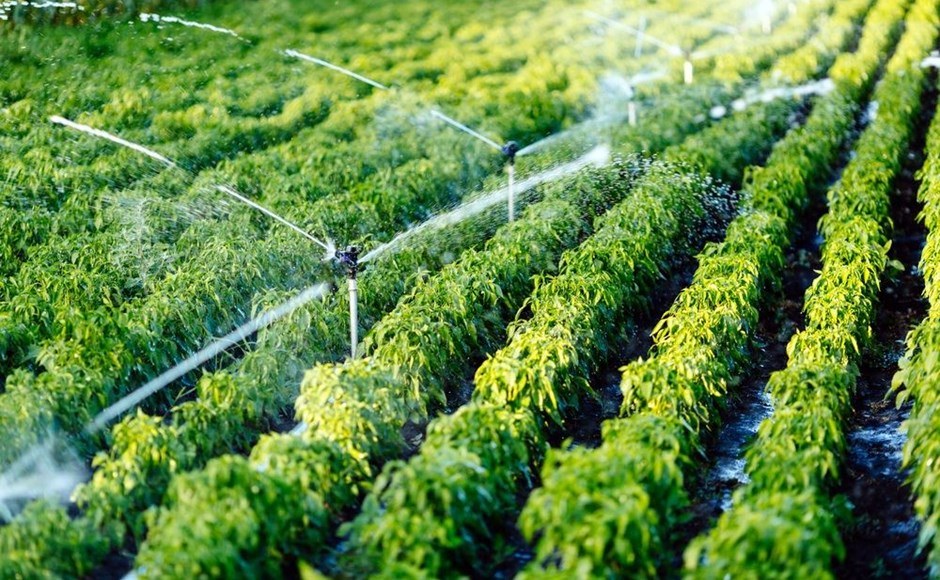Irrigation has long been proved to be beneficial to agricultural activities. By bringing water to the crops through pipes and sprinkles, farmers do not need to rely on natural rainfall alone. This is particularly useful in areas with seasonal or irregular precipitation. Irrigation increases agricultural productivity and improve crop growth and yield. It also helps lengthen the growing season by enabling cultivation in dry seasons, which a provides a more reliable food supply and hence enhancing food security (National Geographic, 2022). This is especially important in the coming years as the threat of climate change will create more extreme weather events and erratic rainfall patterns, thus leading to more crop failures and disrupting the food systems. Irrigation is therefore seen as a silver bullet to increase resilience to the impacts of climate change (Finger et al. 2011).
Agriculture is unarguably the powerhouse for Africa’s socio-economic development as it contributes to an average of 24% of the continent’s GDP (World Economic Forum, 2015). Despite its importance, much of its potential is still untapped, and this includes the power of irrigation. Research found that only 6% of arable farmland in Africa is irrigated. Such percentage is much lower than Asia’s 37% and Latin America’s 14% (You et al. 2010). It is predicted that irrigation has the potential to boost crop productivity by 50% in Africa. Therefore, many urges the nations to increase investment in expanding irrigation across the continent.
In fact, there have already been some successful cases in Africa. In Zimbabwe, international sanctions, poor governance and stagnant economy has caused created a food crisis in the past decade. But with significant investment in irrigation and fertilizers, its wheat production has grown to a 15-month supply (Fair Planet, 2022). A sustainable, self-sustained wheat system is created for its people, alleviating the stress on food security.
While large-scale irrigation project, such as dam construction, is common in more-developed countries, small-scale farmer-led irrigation practices may be a more viable option for Africa. As most governments has the problem of low efficiency, corruption and bureaucracy, as well as limited capital for public investment, large-scale projects may take years or even decades to complete and is therefore not ideal in the African context. Instead, academics argue that smallholder farmers are driving the irrigation renaissance of Africa (Burney et al. 2012). Report by The International Water Management Institute pointed out that investment for community irrigation projects is more affordable, require less planning and the implementation is straightforward. Some local farmers partner with NGOs and startups, which provide them with irrigation technologies at a low cost.
For instance, SunCulture is a company that sells AgroSolar irrigation kit to farmers in Africa on a pay-as-you-go basis, with cost as low as $2 per day. The company revealed that farmers reported a 300% increase in crop yield and 80% reduction of water usage after the adoption of the irrigation systems (SunCulture, 2022).
Finally, there should be regulations to water use for irrigation by smallholder farmers. Bravo in his article “Irrigation systems as common-pool resources” argues that irrigation may turn into tragedy of the commons if farmers have uncontrolled consumption of water (Bravo, 2008), which deprive other downstream users and also the entire ecosystem. Regulations, complemented with education, have to be put in place to ensure water for irrigations are used responsibly.

Comments
Post a Comment